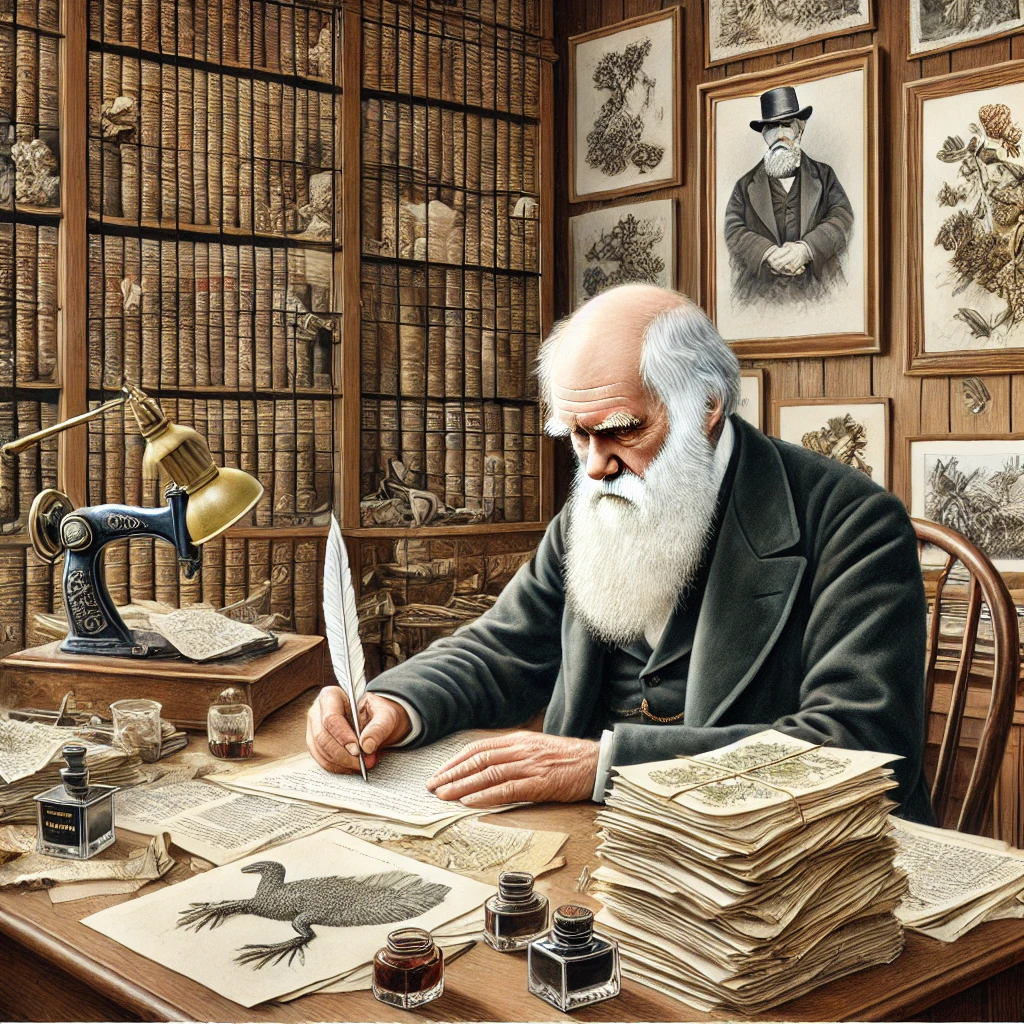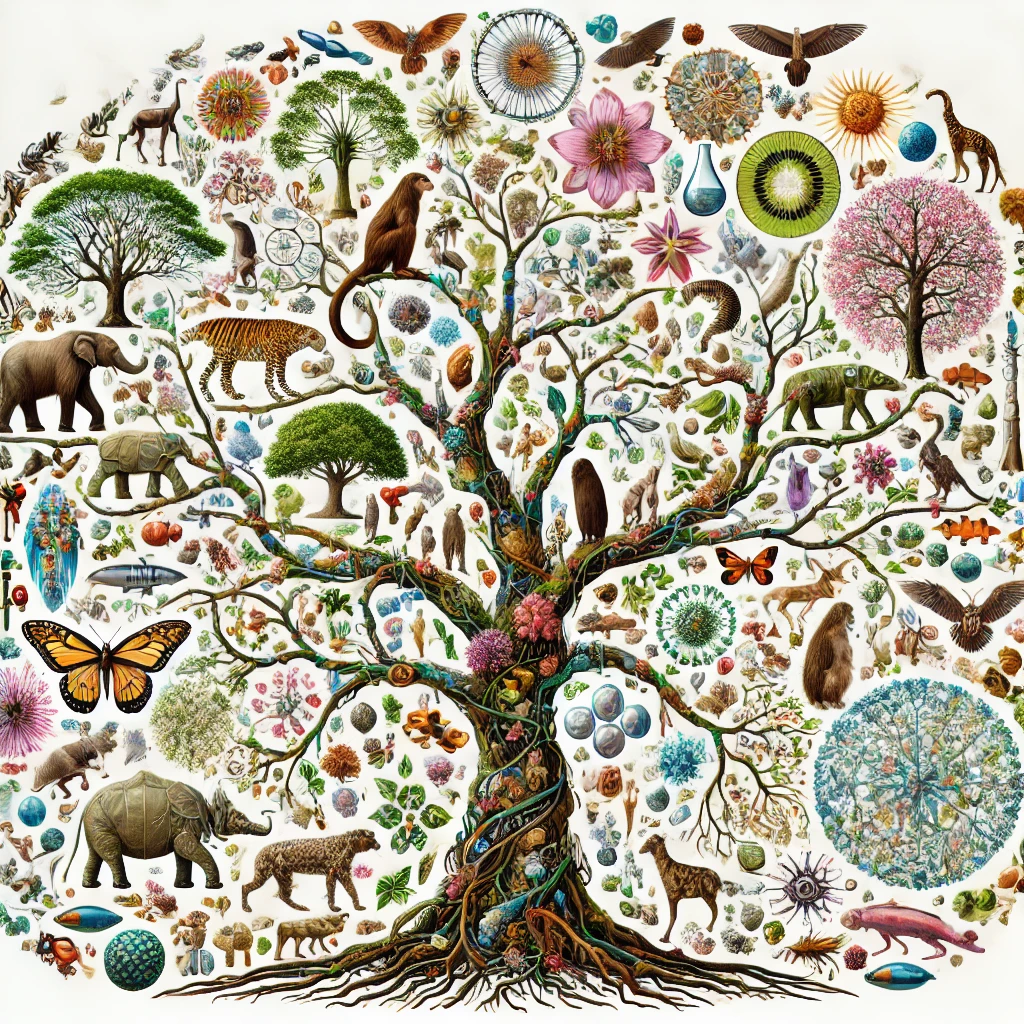On November 24, 1859, Charles Darwin forever changed the landscape of science with the publication of On the Origin of Species by Means of Natural Selection. This seminal work introduced the theory of evolution through natural selection, challenging long-held beliefs about the origins of life and humanity’s place in nature. Darwin’s meticulous observations and detailed arguments provided a scientific framework for understanding biological diversity and adaptation, sparking a paradigm shift that extended far beyond the realm of biology.
Darwin’s book was the culmination of years of research, drawing upon data he gathered during his voyage on the HMS Beagle. Through careful study of plant and animal species, particularly on the Galápagos Islands, Darwin developed his theory that species evolved over time due to environmental pressures and survival advantages. The publication of his work marked the beginning of a new era in scientific inquiry.

Significance in Historical Context
The release of On the Origin of Species was met with both acclaim and controversy. In Victorian England, the book’s implications challenged religious and societal norms, particularly the idea that life was created in its present form by divine intervention. Darwin avoided direct confrontation with religious institutions, but his theories inevitably provoked debate between scientific and theological communities.

The book’s impact was not limited to science. It influenced philosophy, sociology, and even politics, as thinkers and leaders began to apply evolutionary concepts to their disciplines. The concept of “survival of the fittest,” although not coined by Darwin himself, was later extrapolated to justify both progressive social change and, controversially, regressive ideologies such as eugenics. This dual-edged legacy highlights the profound and far-reaching influence of Darwin’s work.
The Lasting Legacy of Darwin’s Theory

More than 160 years later, Darwin’s theories remain a cornerstone of modern science. The principles of natural selection have been validated and expanded by advances in genetics, paleontology, and molecular biology. Scientists now have a deeper understanding of evolution, thanks to tools like DNA sequencing, which provide evidence for common ancestry and genetic adaptation.
Beyond the scientific community, Darwin’s ideas continue to inspire critical thinking about humanity’s relationship with the natural world. Conservation efforts often draw upon evolutionary principles to protect biodiversity and address the challenges of climate change. Additionally, Darwin’s emphasis on observation and evidence-based reasoning has influenced scientific methodologies across disciplines.
The publication of On the Origin of Species represents more than just a scientific milestone—it is a reminder of the power of inquiry and the importance of challenging established ideas. Darwin’s work continues to inspire curiosity and innovation, underscoring the enduring relevance of his groundbreaking theory.
